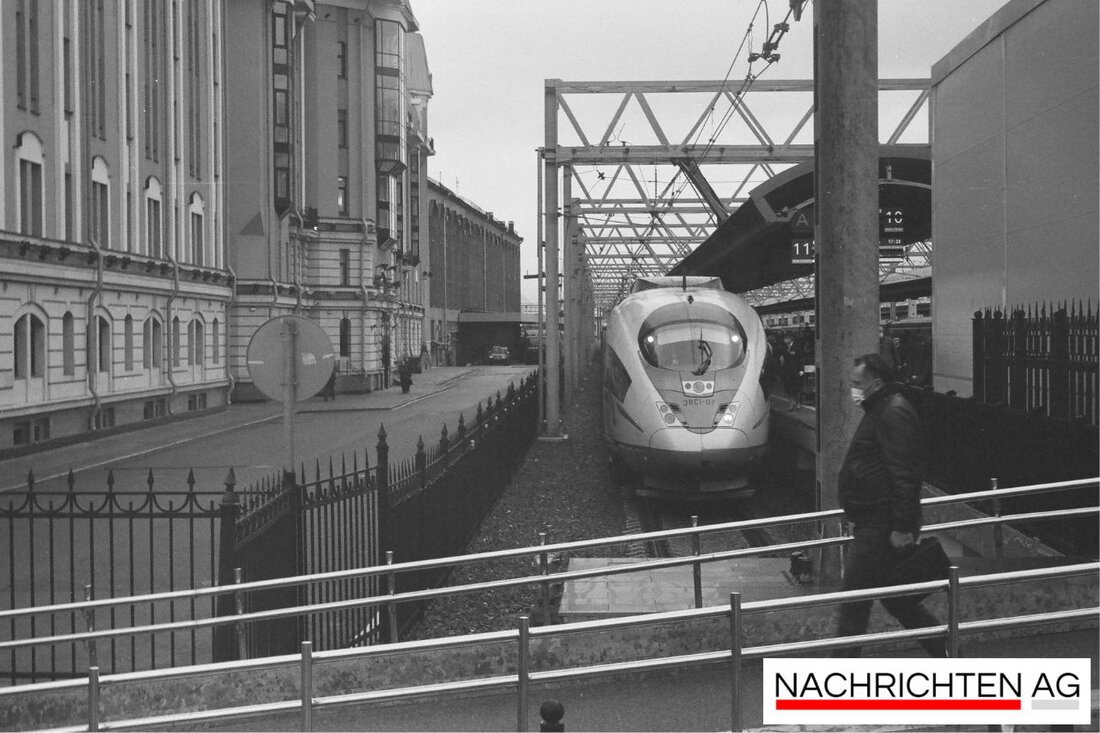Volvo's electric wheel loader revolutionizes Munich's tunnel construction at Marienhof!
Munich is building the second S-Bahn main line with the Volvo L120 Electric. Electrification in tunnel construction promotes climate protection.

Volvo's electric wheel loader revolutionizes Munich's tunnel construction at Marienhof!
A very special construction project is currently being realized under the historic Marienhof in Munich, which not only advances urban development, but also sets new standards in the area of electromobility. On behalf of Deutsche Bahn, the construction companies Implenia and Hochtief are building an underground train station that is 44 meters below street level. For this lower stopping point, the use of Europe's first fully electric large wheel loader, the Volvo L120 Electric, is a real sensation. Electrive reports that this wheel loader is equipped with an impressive lifting capacity of 6 tons and is used in special tunnel conditions that avoid the risk of fire caused by conventional combustion engines.
Construction activities are taking place at a depth of 27 meters, with positive pressure required to keep groundwater out. Therefore, only electrically powered devices may be used. The Volvo L120 Electric not only shines with its emission-free technology, but also with a running time of up to eight hours per shift. The precise controls and quiet operation of the L120 Electric are consistently praised by drivers. Volvo CE emphasizes that the large wheel loader was transported into the tunnel with millimeter precision using a crane, a logistical challenge that was mastered perfectly.
Safety and technology in focus
Special safety precautions are essential for this project. The L120 Electric is equipped with the latest technologies, including rear view and side cameras, an automatic fire extinguishing system and real-time battery temperature monitoring systems. These features not only make use safer, but also more efficient. The responsible project managers, including Reinhold Boiger from the Marienhof working group, see the use of the Volvo L120 as a significant step towards a new era of electromobility in tunnel construction.
But it doesn't stop there: additional electrical machines such as excavators and drilling rigs from Wacker Neuson are also planned for this tunnel construction project. There is something to be said, because the project is seen as a signpost for the future of tunnel construction, in which electric drives are becoming increasingly important. How Atech drive technology analysed, companies are under pressure to electrify their machines thanks to stricter environmental regulations and technological advances.
A look at the future of the construction industry
The electrification of construction equipment is a growing trend, strongly fueled by rising fuel prices and growing environmental awareness. Federal government funding programs and municipal initiatives in cities like Munich are increasingly supporting the transition to emission-free construction sites. The market for electric construction machinery is developing dynamically and is being driven forward not only by companies like Volvo CE, but also by other manufacturers such as Liebherr and Wacker Neuson.
The advantages of electrically powered construction sites are obvious: less noise, better air quality and a more pleasant working environment. Boiger and his team are already dreaming of expanding the use of additional electric machines in future projects - a bold step towards a greener construction future.

 Suche
Suche
 Mein Konto
Mein Konto